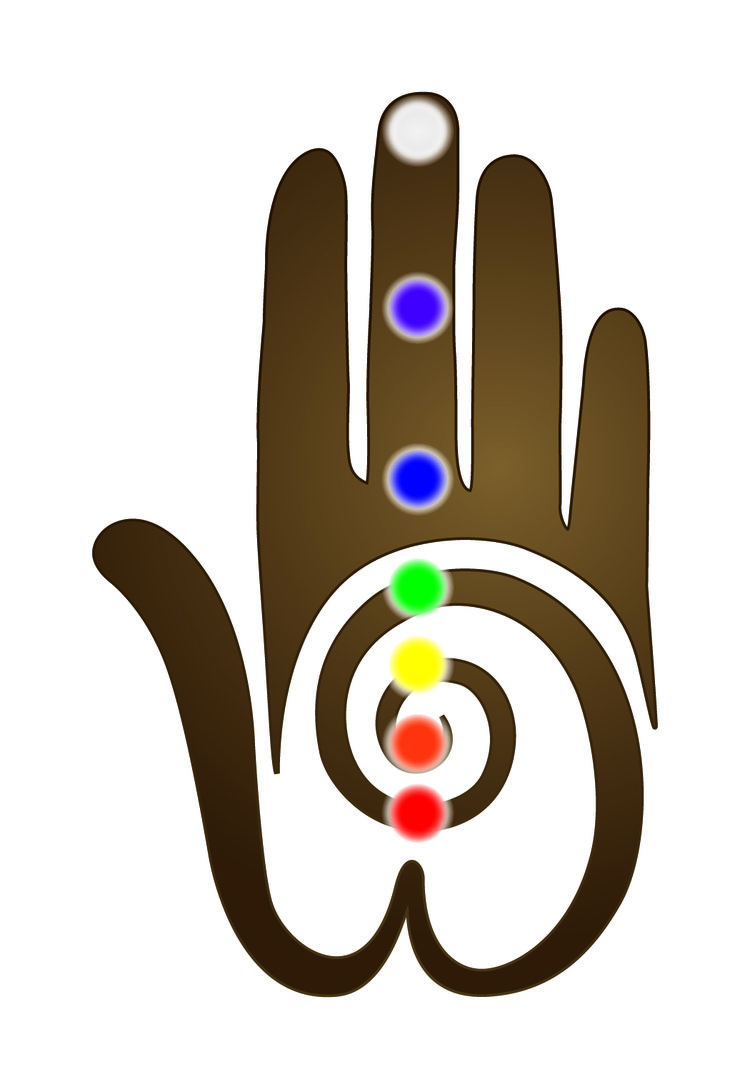Reiki for Caregivers
Reiki offers tremendous benefits to America’s more than 44 million 'informal' or 'family' caregivers who provide unpaid care for family and friends in need.
The most common informal caregiver is an adult child caring for an aging parent. In other scenarios, caregivers may support an elderly or sick spouse, aging grandparents, severely disabled children or siblings, grandchildren whose parents are unable to provide care, disabled friends or neighbors. In the U.S., informal caregivers provide 80% of long term care. Most are middle-aged women and many work full time jobs. They struggle with deep-seated feelings of guilt, anger, loneliness, depression and exhaustion. Shared illnesses throughout this population include heart disease, cancer, diabetes, arthritis, high levels of stress hormones and a compromised immune system. They spend lots of time taking care of others, yet tend to neglect themselves and, compared to non-caregivers, they are less likely to prepare healthy meals or get sufficient sleep and exercise. Below are some benefits Reiki may bring to address issues specific to caregivers.
Reiki presents an opportunity to slow down and focus on self-care. Sessions usually last 30-60 minutes. During this time, clients enter a state of calm and relaxation that may elude them in every day life. They emerge feeling rested, energized and with an overall sense of well-being. In following weeks, they tend to take better care of themselves and pay closer attention to their own mental, emotional and physical needs.
Reiki provides relief for feelings of overwhelm. If you're a caregiver you probably cannot remember the last time you had an entire hour to focus on your own healing and well-being. A scheduled Reiki session is about one hour long. That's an entire hour during which you release all demands placed upon you in everyday life and relax into a state of receiving pure love, light and positive energy. You will emerge from a single session feeling refreshed and rejuvenated.
Reiki can be used for positive behavior modification. Reiki can be performed with a specific intent in mind. With the Reiki practitioner, determine some specific changes you would like to see in your life. During the session you will remove energy blockages that prevent you from choosing healthy behaviors. It's like a form of self-hypnosis, gently planting seeds that subtly modify your daily life choices, nudging you into alignment with your true desires for yourself.
Reiki is proven to support the immune system. Preliminary studies show that Reiki may increase the number of white blood cells present in subjects. An enhanced immune system means fewer incidences of colds, flu and infections.
Reiki may help lower blood pressure. In one study, heart rate and diastolic blood pressure decreased significantly in people who received 30 minutes of Reiki, as compared to a placebo intervention or 30 minutes of rest.
Integrate Reiki into your self-care regimen to feel more in control. Reiki is something you can have done to you by a practitioner, or you can learn to perform Reiki on yourself and on those you are caring for. By taking a level I Reiki class with a certified Reiki Master Teacher, you are taking steps toward, and opening yourself up to, a system of self-care and healing that is available to you anytime, anyplace and in any amount needed.
If you are caring for a loved one, or if you work in a care giving profession, make Reiki part of your self-care program. Visit Family Caregiving Alliance or USC Family Caregiver Support Center for more information and resources. Check Events/Specials to join an upcoming Reiki certification class or introductory workshop at Wellness Uprising.

